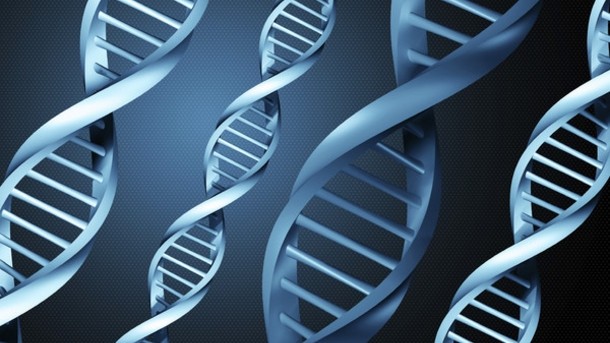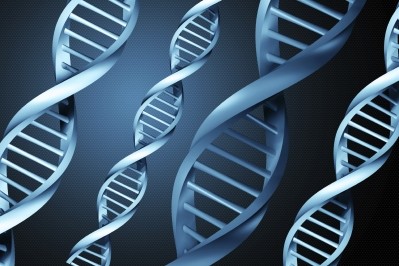A genetic revolution? Understanding food preference genes will 'revolutionise' personalised diets and healthcare

Knowing why individuals prefer certain food tastes and being able to personalise health interventions based on them will help people age in a healthier way and greatly improve their quality of life, as well as engender considerable savings for health systems, say Italian researchers.
Speaking at the annual conference of the European Society of Human Genetics (ESHG), the research team from the University of Trieste explained that they have set out to identify novel genes and pathways involved in taste perception and food preferences - and to investigate their implications in protecting against or predisposing to diet-related disorders such as overweight, obesity, and diabetes.
"To date most studies have focused on specific taste receptors, especially bitter ones, and this has been partly successful in an attempt to understand the genetics behind the perception of specific compounds such as caffeine and quinine," explained Dr Antonietta Robino, from the Institute for Maternal and Child Health, Trieste.
"Our work has expanded these studies to the whole genome, with the goal of clarifying which specific genes drive individual differences in taste perception and food preferences."
Because food preferences are the first factor driving food choice, nutrition and ultimately diet-related diseases, they are the key to understanding human nutrition and its relationship with health on a large scale, said the research team.
"Something as simple as measuring fat liking can provide us with a great deal of information," said Dr Nicola Pirastu, who also worked on the study. "Understanding the genetics of these traits will open new possibilities for the development of personalised diets and of functional foods aimed at improving people's health and therefore their quality of life."
Personalised nutrition?
Robino and Pirastu also suggested that nutritional interventions could be improved by tailoring them to the food preferences of each person.
"By uncovering the genetic bases of taste and food preferences, we will be able to increase not only the effectiveness of nutritional interventions, but also compliance with them," said Pirastu. "For example, we have recently carried out a study where we applied our knowledge of 19 different genes in order to personalise diets for 191 obese individuals for were trying to lose weight."
Using the genetic information, the team devised individual calorie restricted diets that fitted in with individual nutritional needs and food preferences.
"We found that people in the group who had followed the gene-based diet lost 33% more weight than the controls over two years, and the percentage of lean body mass also increased more in this group," revealed the Italian researcher.
Taste genetics
The research team undertook genome wide association studies (GWAS) to try to unravel the genetic basis for certain food preferences. They noted that 2311 Italian subjects participated in the discovery step, while 1755 from other European countries and from Central Asia were used in order to further verify the findings.
Robino and his colleagues uncovered 17 independent genes related to liking for certain foods, including artichokes, bacon, coffee, chicory, dark chocolate, blue cheese, ice cream, liver, oil or butter on bread, orange juice, plain yoghurt, white wine and mushrooms.
Surprisingly, none of the genes thus identified belonged to the category of taste or smell receptors, the team said.
"There is still much that needs to be done to understand what are the characteristics of certain foods affected by the genetic make-up of an individual," commented Pirastu. "For example, we found a strong correlation between the HLA-DOA gene and white wine liking, but we have no idea which of the characteristics of white wine this gene influences."
Genetic preferences
In a second study, the team analysed the response of around 900 healthy adults from North Eastern Italy to salt, and related this to a DNA sequence variation found on the KCNA5 gene - which is known to be related to taste pathways in mammals.
Salt perception and the related genetic variation in taste receptors are important determinants of individual differences in salt intake, which in turn represents an important risk factor for the development of hypertension and cardiovascular diseases.
"Genetic variations for taste perception are well known for bitter, sweet, and umami taste, but until now we knew little about their role in salt perception and liking," Robino explained. "Identifying the receptor associated with individual differences in the perception of salt could help us better understand how chemosensory differences can interact to influence and predict food choices and hence human nutritional behaviour."
"This could also play an important role in the development of salt substitutes, in which there is a growing commercial interest."

























